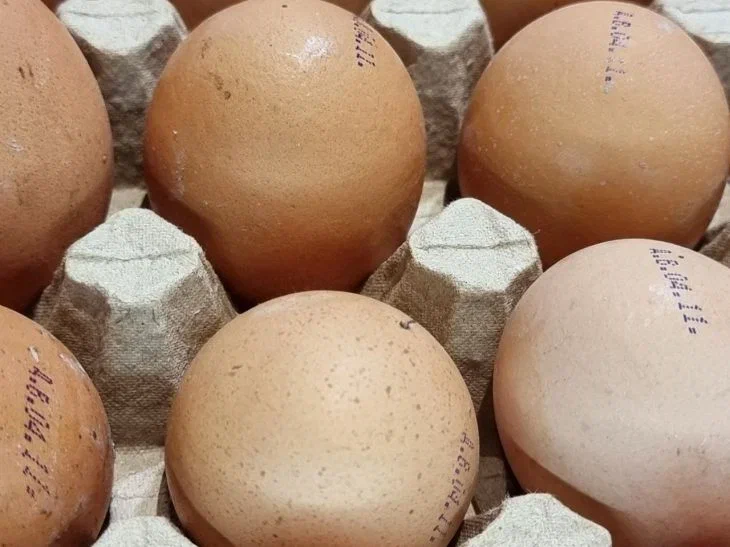When starting to boil chicken eggs, many people do not think about hygiene. It seems that it is not necessary to wash eggs before boiling, because due to the high temperature all microbes and bacteria will die, but in this matter everything is not so clear.
Therefore, it is worth understanding why you cannot boil eggs if they are dirty.
Possible danger
Chicken eggs are one of the most common and nutritious foods. However, if they are not properly peeled before cooking, they can pose a serious health risk.
Bacterial contamination
Dirt on the surface of chicken eggs can contain bacteria such as salmonella and campylobacter, which can cause serious illnesses, including food poisoning. These microorganisms can penetrate the porous shells of eggs and contaminate the contents.
Why Boiling Doesn't Always Kill Germs
Even if you boil dirty eggs, it does not guarantee that all bacteria will be destroyed.

Moreover, during the cooking process, bacteria can transfer from the eggs into the water used for cooking, increasing the risk of contamination of other foods that may be cooked in the same water.
Health risk
Consuming contaminated chicken eggs can cause serious illness in humans, especially in children, the elderly, and those with weakened immune systems. Symptoms of food poisoning include nausea, vomiting, diarrhea, stomach pain, and fever.
Things to remember
There are some basic tips to follow:
1. Before using, eggs must be washed using a soft brush.
2. It is important to store eggs at a temperature of 4 °C or below.
3. It is better not to eat raw eggs, as they may contain dangerous bacteria that can cause serious harm to the body.
Eggs should not be cooked in large quantities. It is better to boil them and eat them immediately, since the shelf life after cooking is minimal.
Earlier we told you how to cook chops with a crispy crust .








